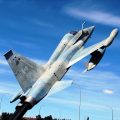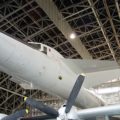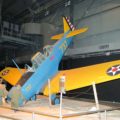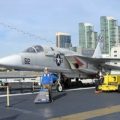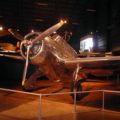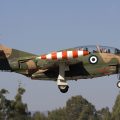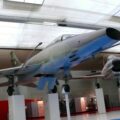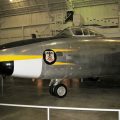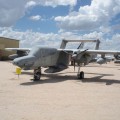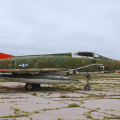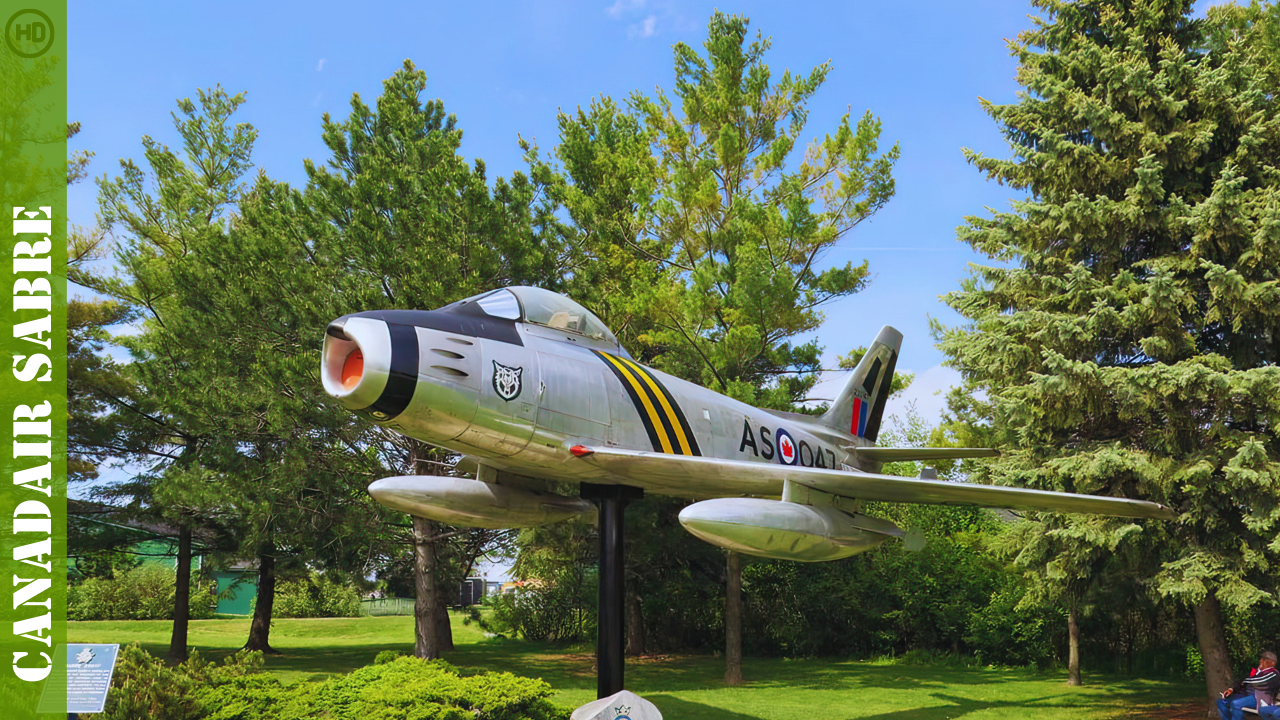
Canadair Sabre | |
|---|---|
| 국가 | 캐나다 |
| 역할 | 전투기 |
| 첫 비행 | 1950년 8월 9일 |
| 내장 | 1815 |
Tthe 캐나다어 세이버 북미 항공의 허가하에 Canadair가 제작 한 제트 전투기였습니다. 북미 F-86 세이버의 변종으로, 1958년까지 생산되었으며 1962년 캐나다 CF-104로 대체될 때까지 캐나다 왕립 공군(RCAF)에서 주로 사용되었다. 몇몇 다른 공군도 항공기를 운용했다.
소스: 위키 백과에 캐나다어 세이버
| Canadair F-86E mk.6 Sabre Walk Around | |
|---|---|
| 사진 작가 | 시스 헨드릭스 |
| 로컬라이제이션 | Unknow |
| 사진 | 41 |
관련 키트:
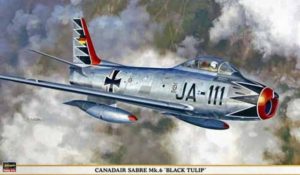
| Canadair Sabre Mk.V Walk Around | |
|---|---|
| 사진 작가 | 블라디미르 야쿠보프 |
| 로컬라이제이션 | 온타리오 연대 박물관 |
| 사진 | 70 |
이베이에서 키트 찾기:
참고 항목:
Tthe 캐나다어 세이버 was a jet fighter aircraft that was developed and manufactured by Canadair, a Canadian company, under licence from North American Aviation. It was a variant of the North American F-86 Sabre, which was one of the most successful fighter jets of the Korean War. The Canadair Sabre was produced from 1950 to 1958 and served mainly with the Royal Canadian Air Force (RCAF) until it was replaced by the Canadair CF-104 Starfighter in 1962. The Canadair Sabre also saw service with several other air forces around the world, including the United States Air Force, the Royal Air Force, and the German Air Force.
The Canadair Sabre had six versions, each with different features and improvements. The first version, the Sabre Mk.1, was similar to the F-86A and had a General Electric J47-GE-13 turbojet engine with 5,200 lbf (23 kN) of thrust. The second version, the Sabre Mk.2, had the same engine but added power-assisted controls and an “all-flying” tailplane. The third version, the Sabre Mk.3, was the first to use a Canadian-designed engine, the Avro Canada Orenda 3 turbojet with 6,000 lbf (27 kN) of thrust. The fourth version, the Sabre Mk.4, retained the General Electric engine and was exported to the Royal Air Force and other foreign air forces. The fifth version, the Sabre Mk.5, used a more powerful Orenda 10 turbojet with 7,275 lbf (32 kN) of thrust and had a larger wing for better maneuverability. The sixth and final version, the Sabre Mk.6, used an even more powerful Orenda 14 turbojet with 7,275 lbf (32 kN) of thrust and had two AIM-9 Sidewinder air-to-air missiles for enhanced combat capability.
The Canadair Sabre was a fast and agile fighter that could reach a maximum speed of 710 mph (1,142 km/h) and a service ceiling of 54,000 ft (16,460 m). It was armed with six 0.50 in (12.7 mm) Browning M3 machine guns in the nose and could carry up to 5,300 lb (2,400 kg) of external ordnance on four hardpoints under the wings. This included bombs, napalm tanks, rocket pods, nuclear weapons, and drop tanks for extended range. The Canadair Sabre was a versatile and reliable aircraft that performed well in various roles such as air superiority, ground attack, interception, and reconnaissance.
The Canadair Sabre was one of the most successful 제트 전투기 of its era and earned a reputation for excellence in combat. It participated in several conflicts such as the Korean War, the Suez Crisis, and the Indo-Pakistani War of 1971. It also set several speed records and achieved many firsts in aviation history. For example, in 1953, Jacqueline Cochran became the first woman to break the sound barrier while flying a Canadair Sabre Mk.3. Another notable example was an ex-RCAF Sabre Mk.6 that served as Boeing’s chase plane for test flights until 1991. Many Canadair Sabres are now preserved in museums and some are still flown by private owners and collectors.
Views : 2995


